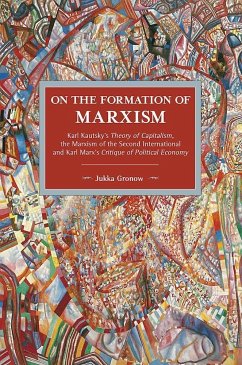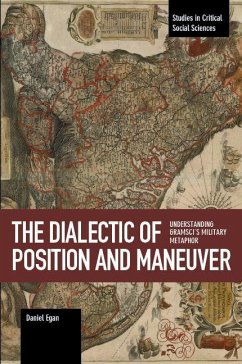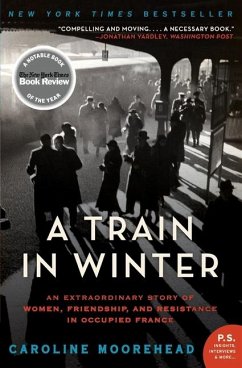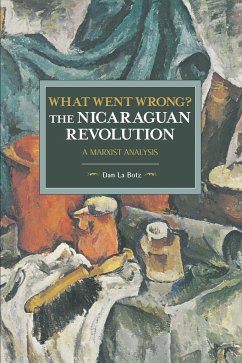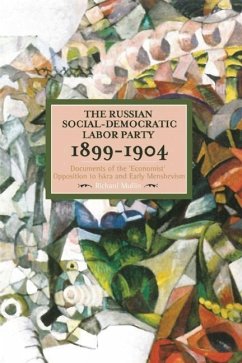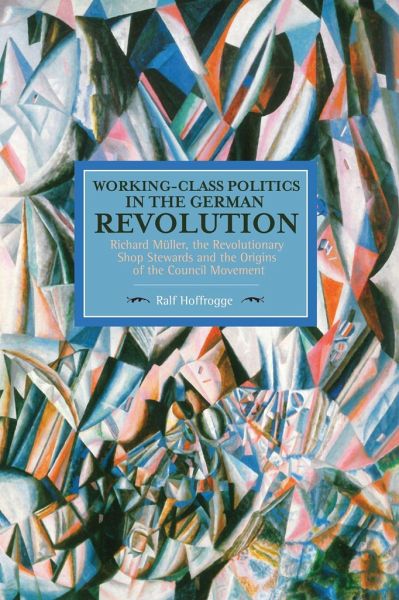
Working-Class Politics in the German Revolution
Richard Müller, the Revolutionary Shop Stewards and the Origins of the Council Movement
Versandkostenfrei!
Versandfertig in über 4 Wochen
30,99 €
inkl. MwSt.

PAYBACK Punkte
15 °P sammeln!
An authoritative and engaging political biography of one of the most important, yet largely unknown, leaders of the German revolution.







